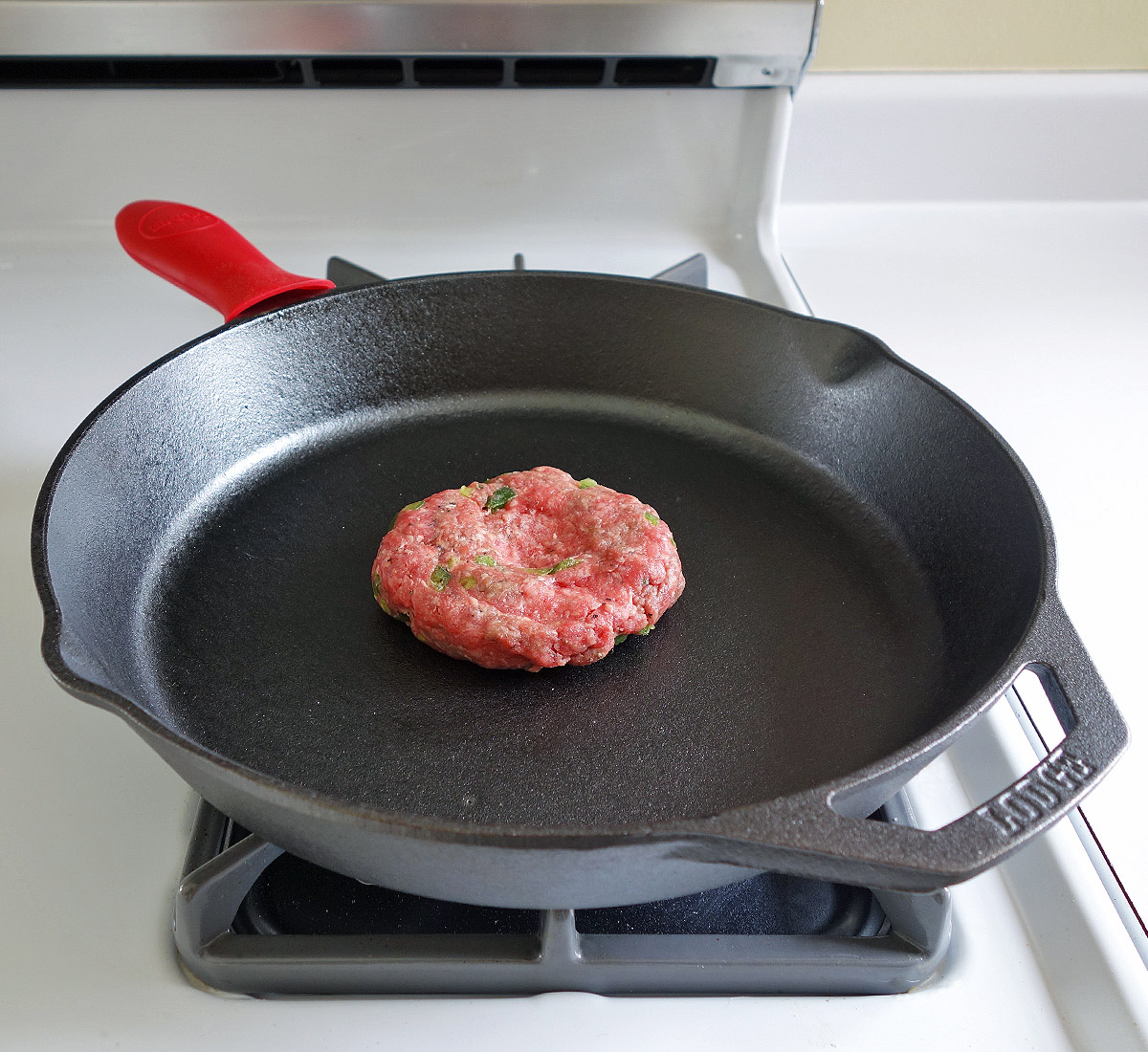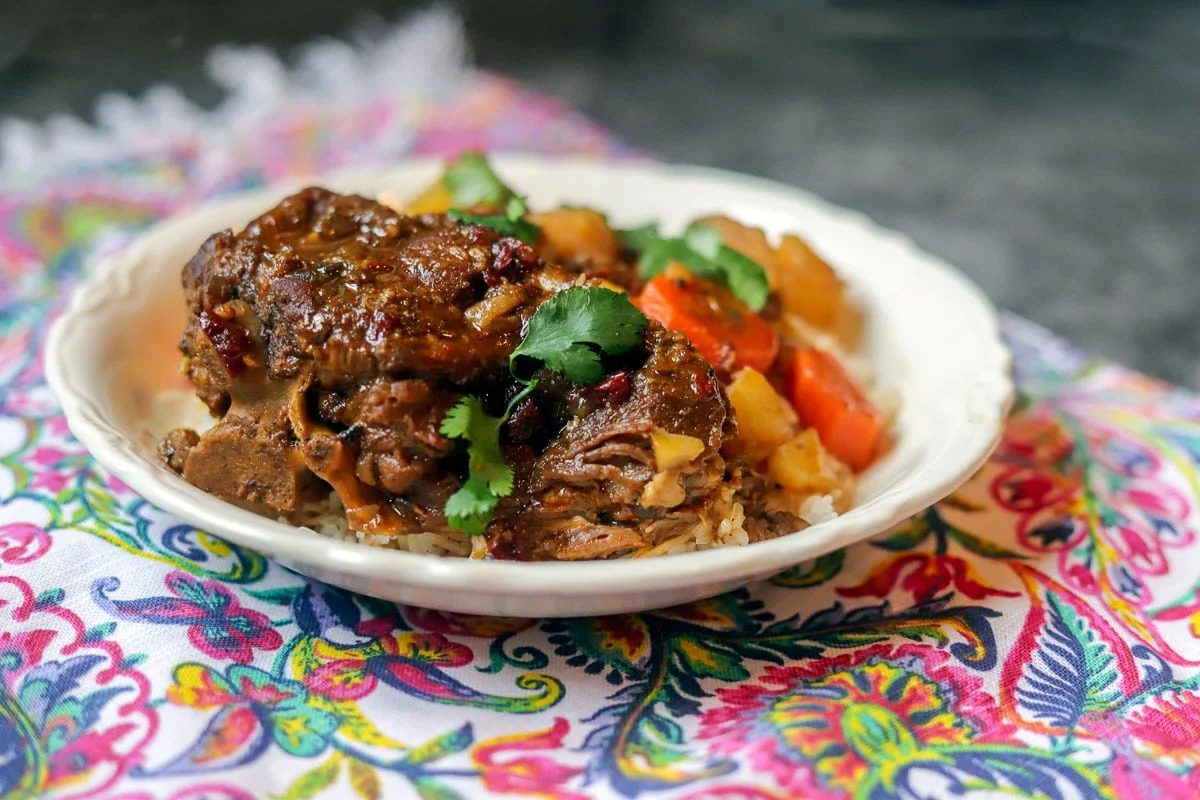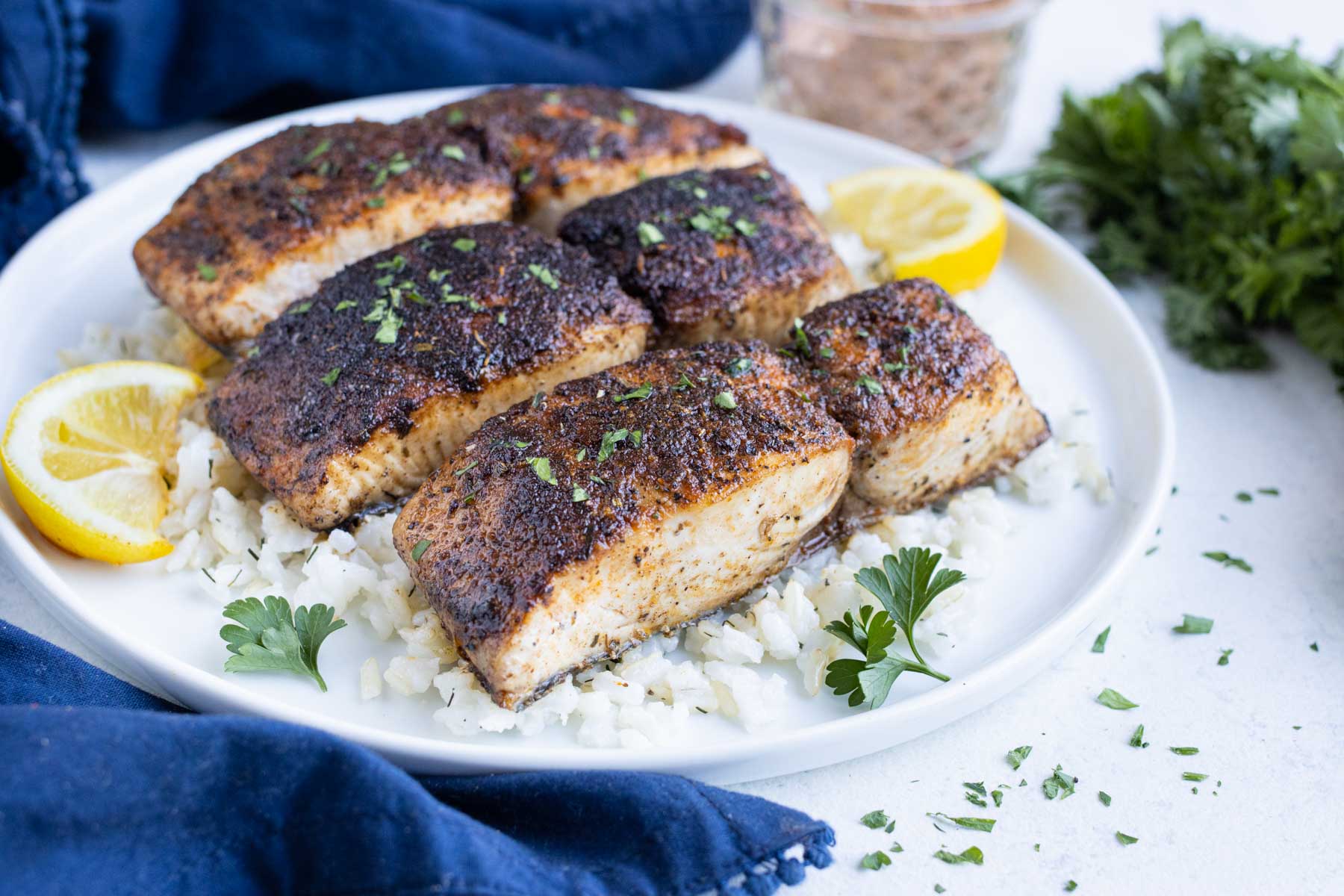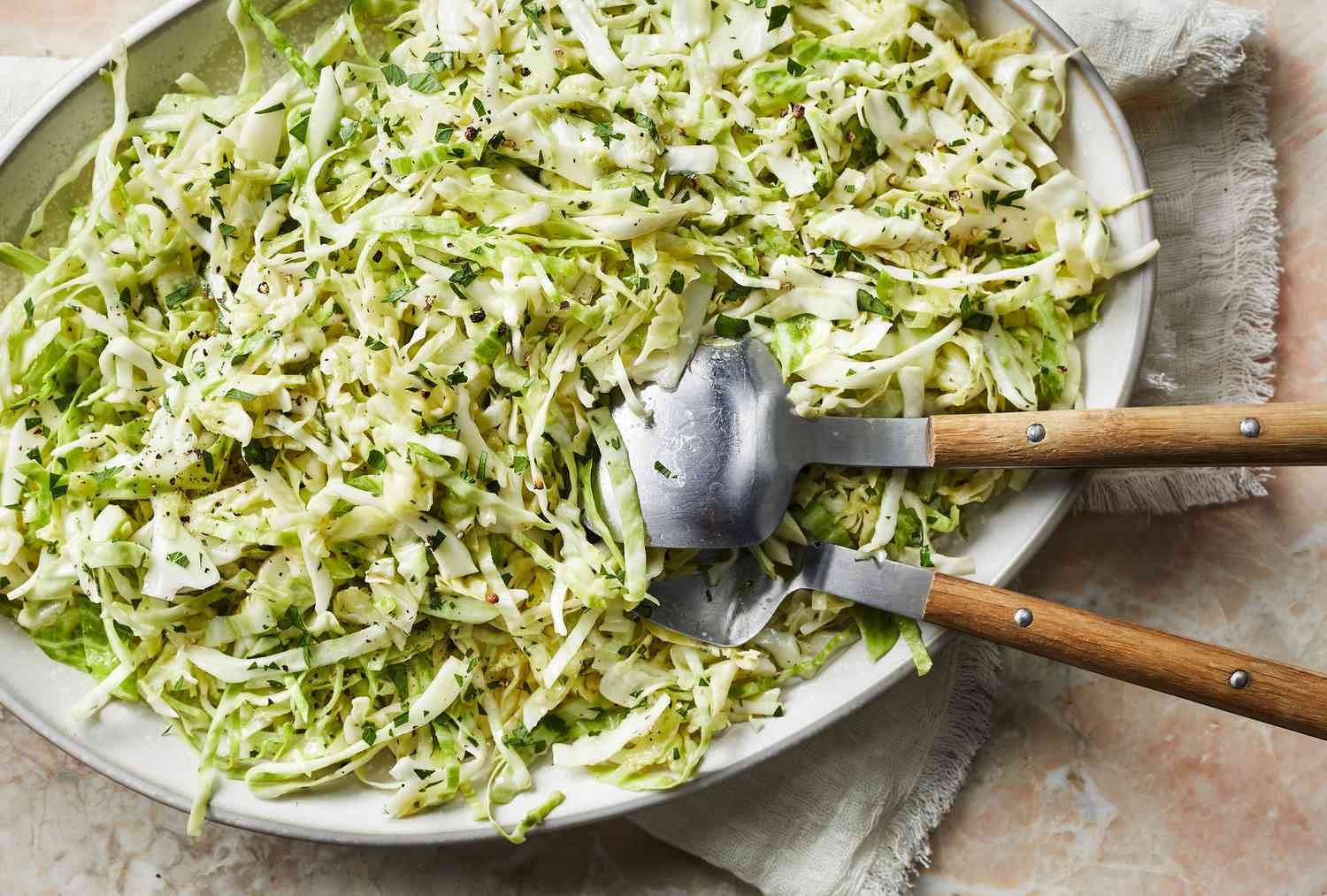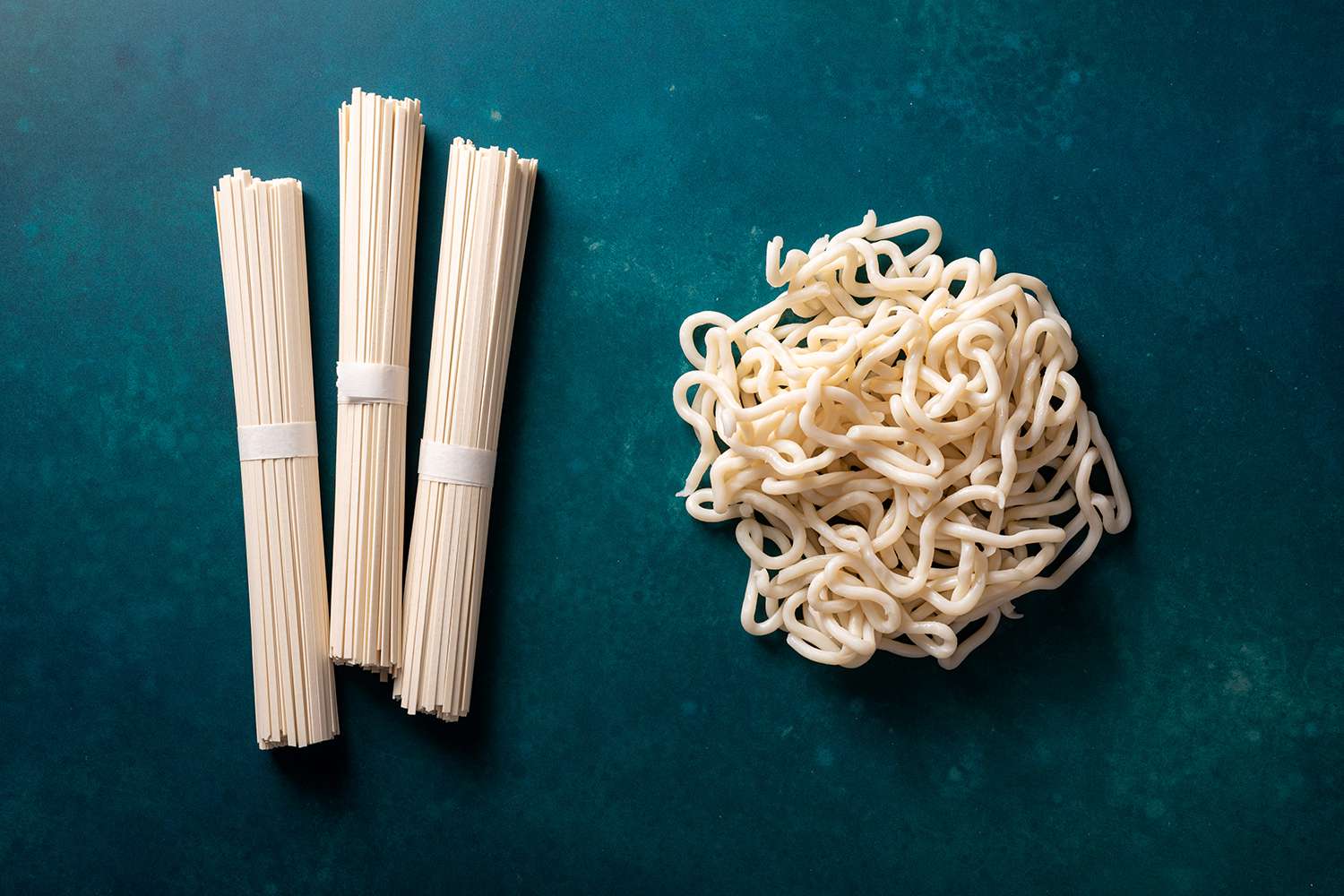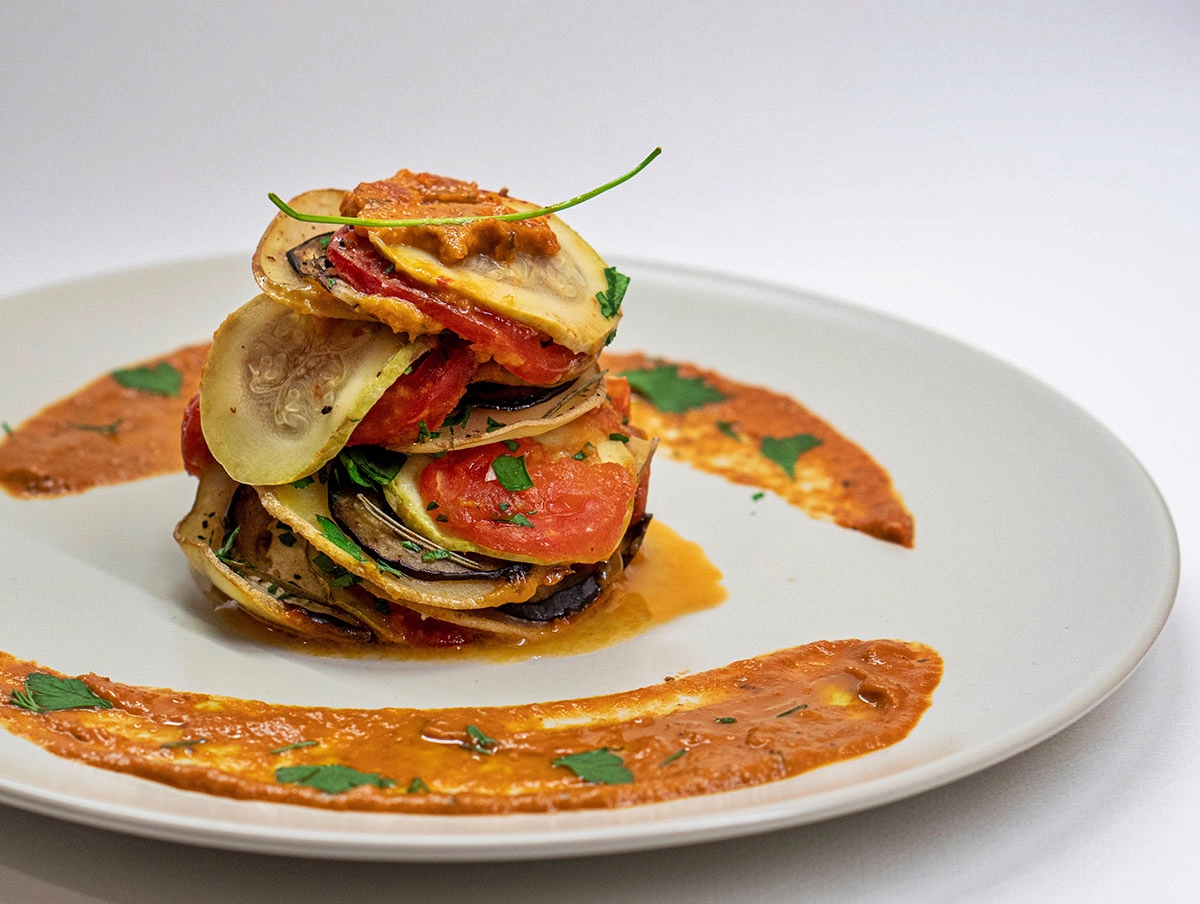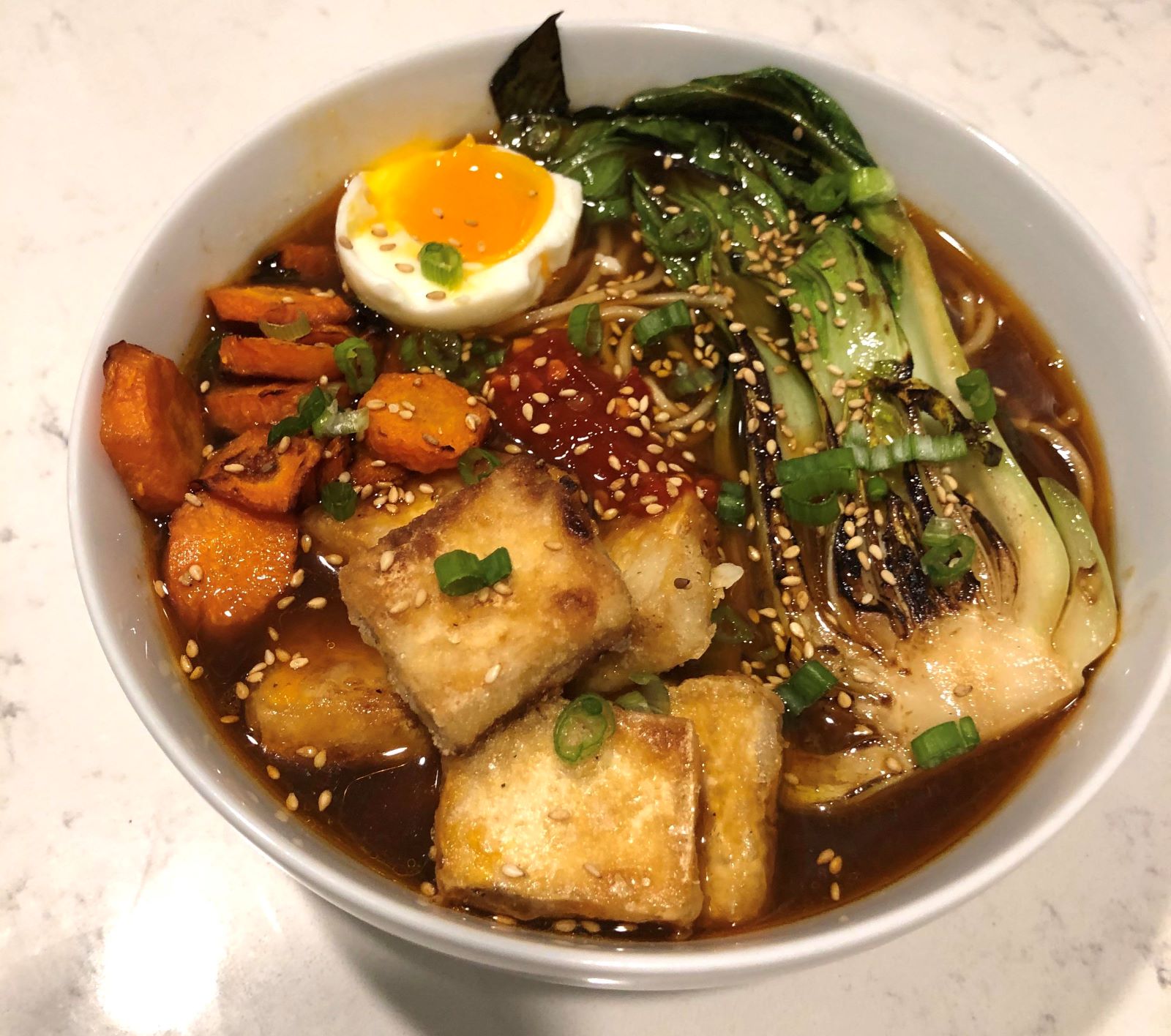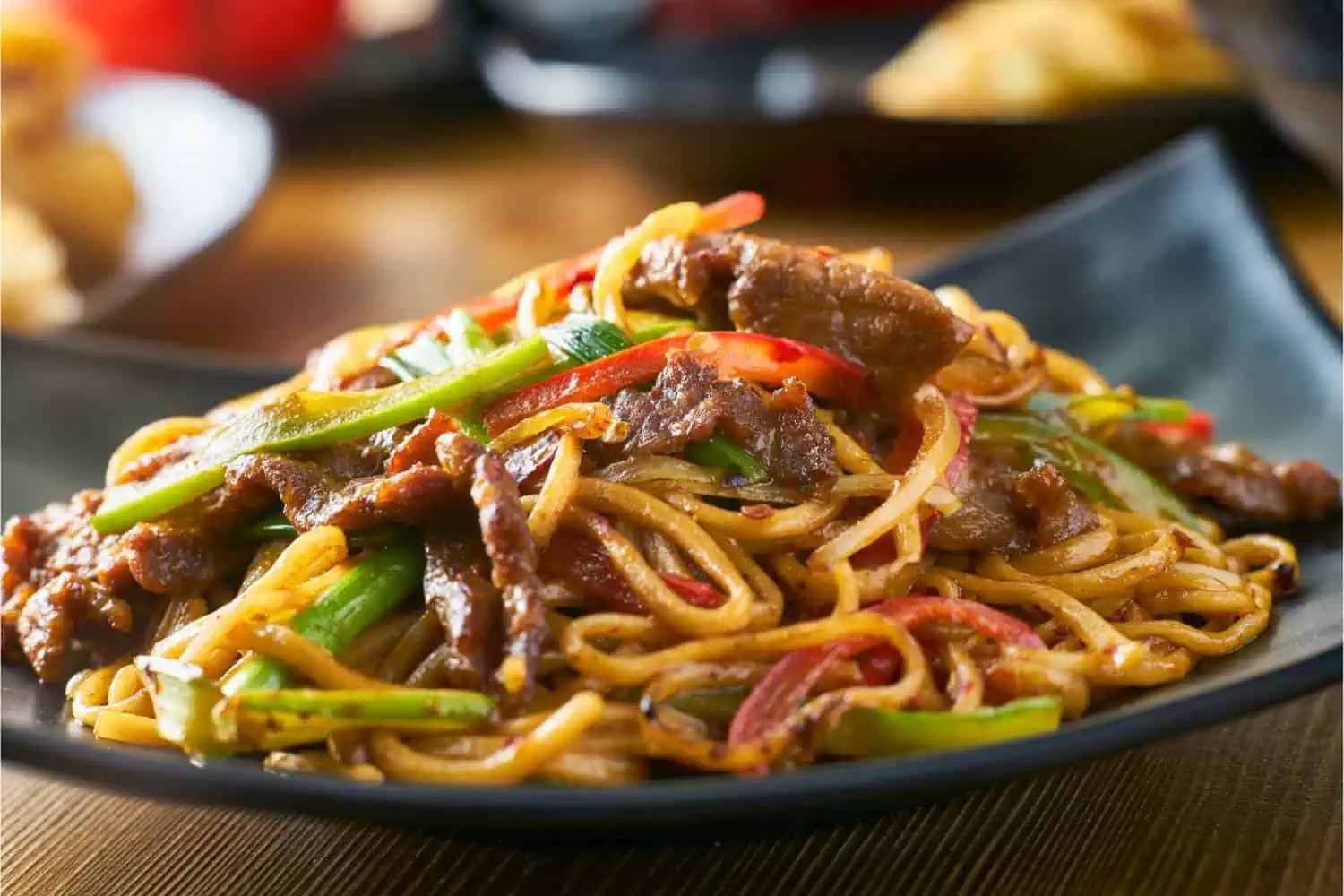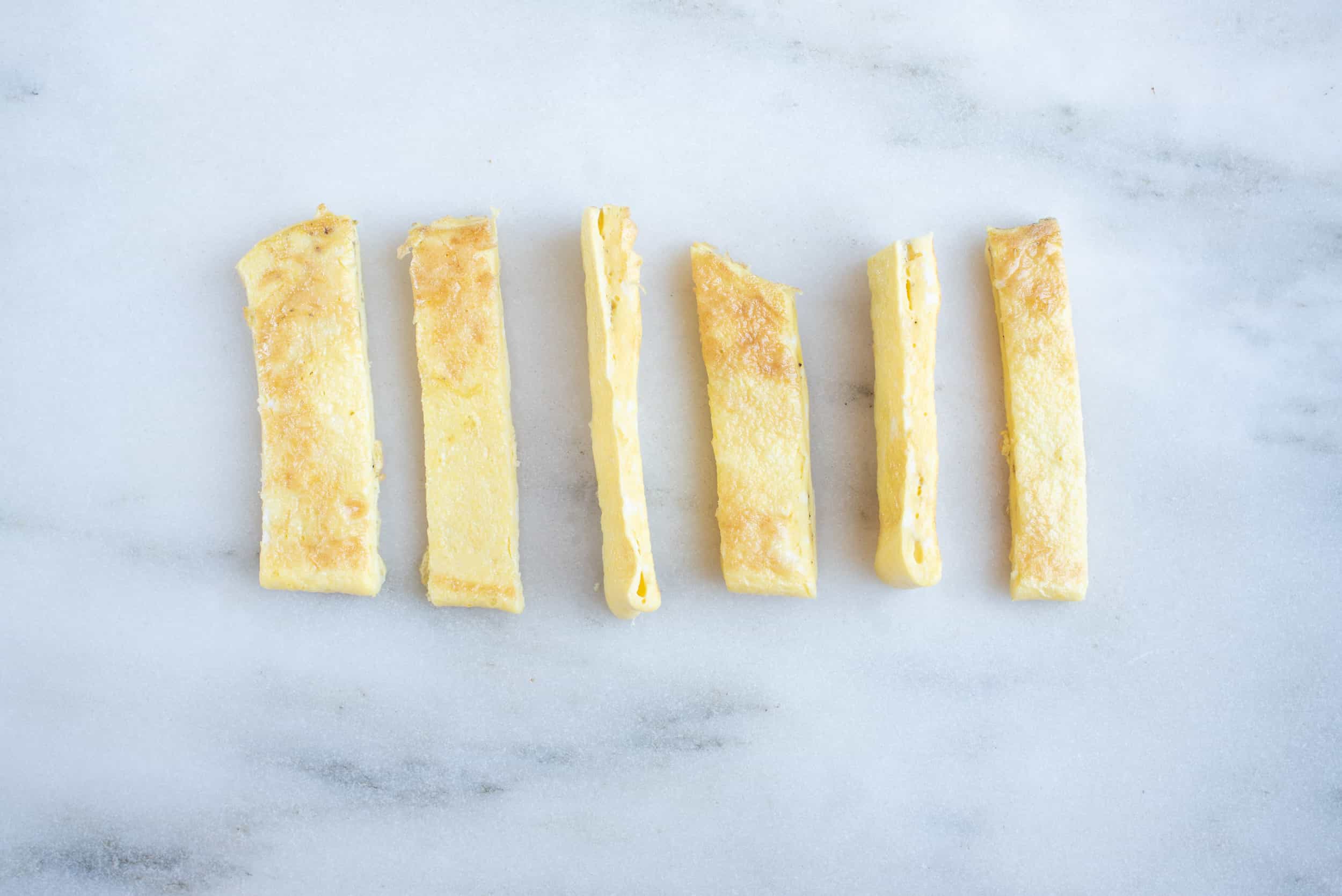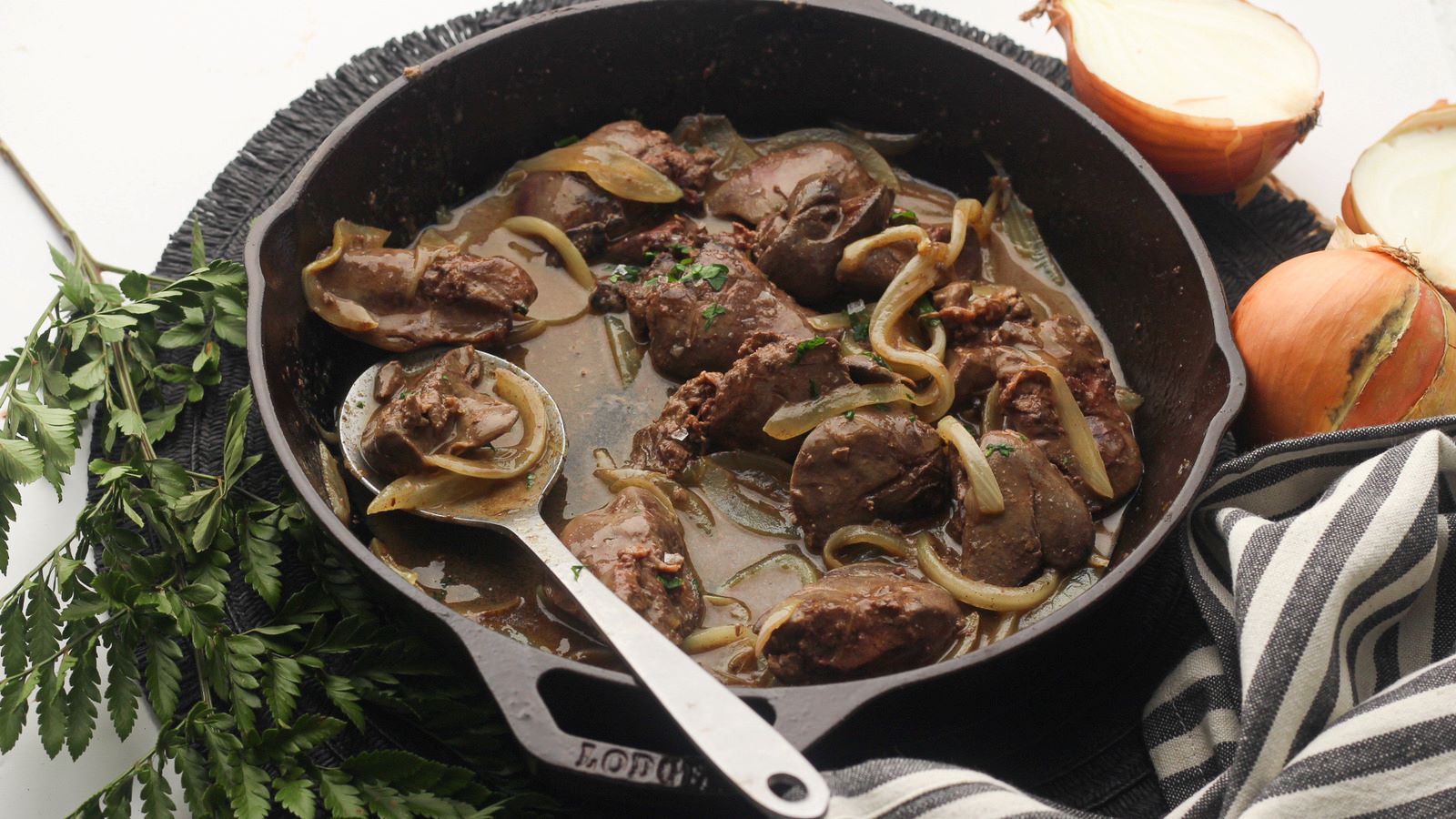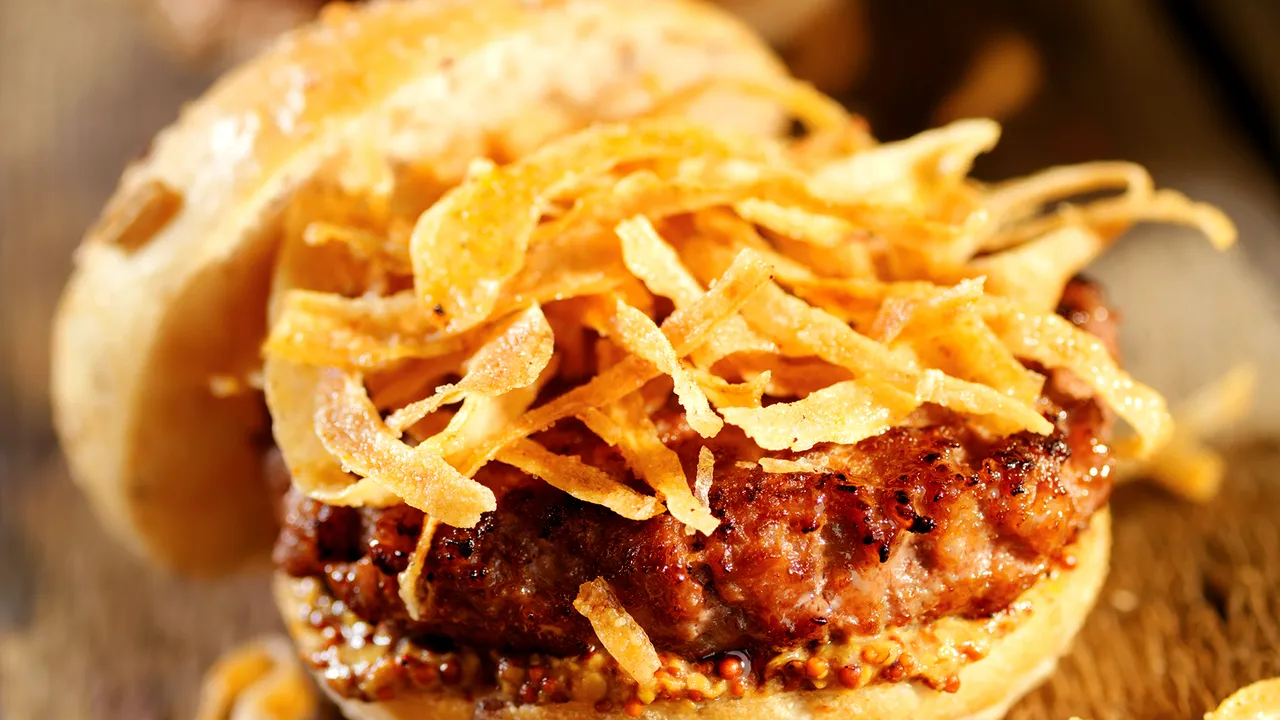How To Cook Squid Tender
If you’re a seafood enthusiast and enjoy trying new and exciting dishes, why not learn how to cook squid tender? Squid, also known as calamari, is a versatile and delicious seafood option that can be prepared in various ways. In this article, we will guide you through some easy steps to ensure your squid turns out tender and flavorful.
1. Selecting Fresh Squid
The first step in cooking tender squid is to choose fresh and high-quality ingredients. When selecting squid, look for ones that have clear and glossy skin with a firm texture. Avoid purchasing squid that has an unpleasant smell or slimy appearance, as these are signs of spoilage.
Tip: Consider purchasing frozen squid if fresh squid is not readily available in your area. Thaw the squid following the packaging instructions before cooking.
2. Cleaning and Preparing Squid
Before cooking squid, it’s essential to clean and prepare it properly. Start by removing the head and tentacles from the body. Gently pull the head away from the body, and the innards should come out along with it. Discard the innards, but keep the tentacles as they can be cooked separately.
Next, peel off the skin from the squid’s body. You can do this by making a small incision near the tail end and pulling the skin away. Rinse the squid under cold water to remove any residual ink or slime.
Tip: For a more tender squid, you can score the body in a crisscross pattern before cooking. This helps the squid to cook evenly and prevents it from becoming tough.
3. Choose the Right Cooking Method
There are several cooking methods you can choose from to achieve tender squid:
- Quick Sauté: Heat a pan over medium-high heat and add a small amount of oil. Toss the squid in the pan for a few minutes until it turns opaque and tender. Be careful not to overcook, as squid can become chewy.
- Grilling: Preheat your grill to medium-high heat. Marinate the squid in your favorite seasoning or sauce for about 30 minutes. Grill the squid for 2-3 minutes on each side until it develops a light char and becomes tender.
- Stir-Frying: Heat a wok or large skillet over high heat. Add oil, garlic, and your choice of vegetables. Stir-fry for a minute before adding the squid. Cook for a few more minutes until the squid is tender and cooked through.
4. Seasoning and Serving
Squid has a mild flavor that can be enhanced with various seasonings and spices. Consider marinating the squid in a mixture of lemon juice, olive oil, garlic, and herbs for at least 30 minutes before cooking. This will help infuse the squid with delicious flavors and tenderize it even further.
Once cooked, serve the squid as a standalone dish or incorporate it into salads, pastas, or stir-fries. Squid pairs well with lemon wedges, garlic aioli, or a spicy dipping sauce for added zest.
Now that you know how to cook squid tender, unleash your culinary creativity and explore different recipes and cooking techniques to enjoy this delightful seafood delicacy!
Explore More Squid Recipes and Uses
Having mastered the art of cooking squid to perfect tenderness, why not put your skills to the test with a variety of exquisite recipes? From the simplicity of Simple Sautéed Squid to the more intricate Saffron Squid Risotto, each dish offers a unique way to savor this versatile seafood. For beginners, the Classic Fried Calamari is a must-try, delivering a delightful crunch with every bite. If you're feeling adventurous, the Chili Grilled Squid or Seafood Squid Ink Pasta might just be the culinary challenge you seek. These recipes not only showcase your newfound cooking techniques but also expand your palate with a range of flavors from around the globe.
Was this page helpful?
Read Next: How To Cook Gizzards Tender
